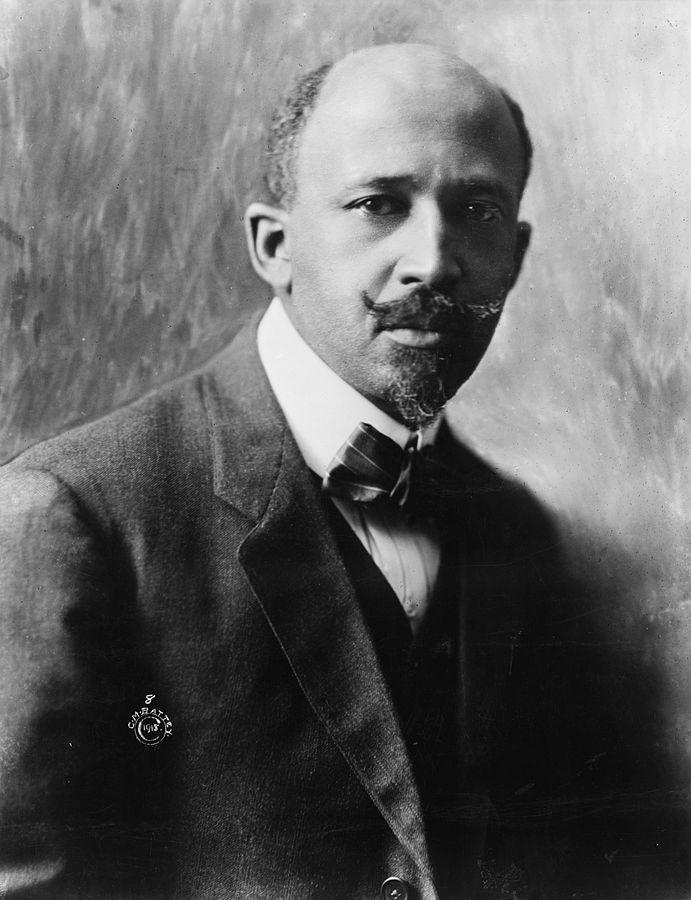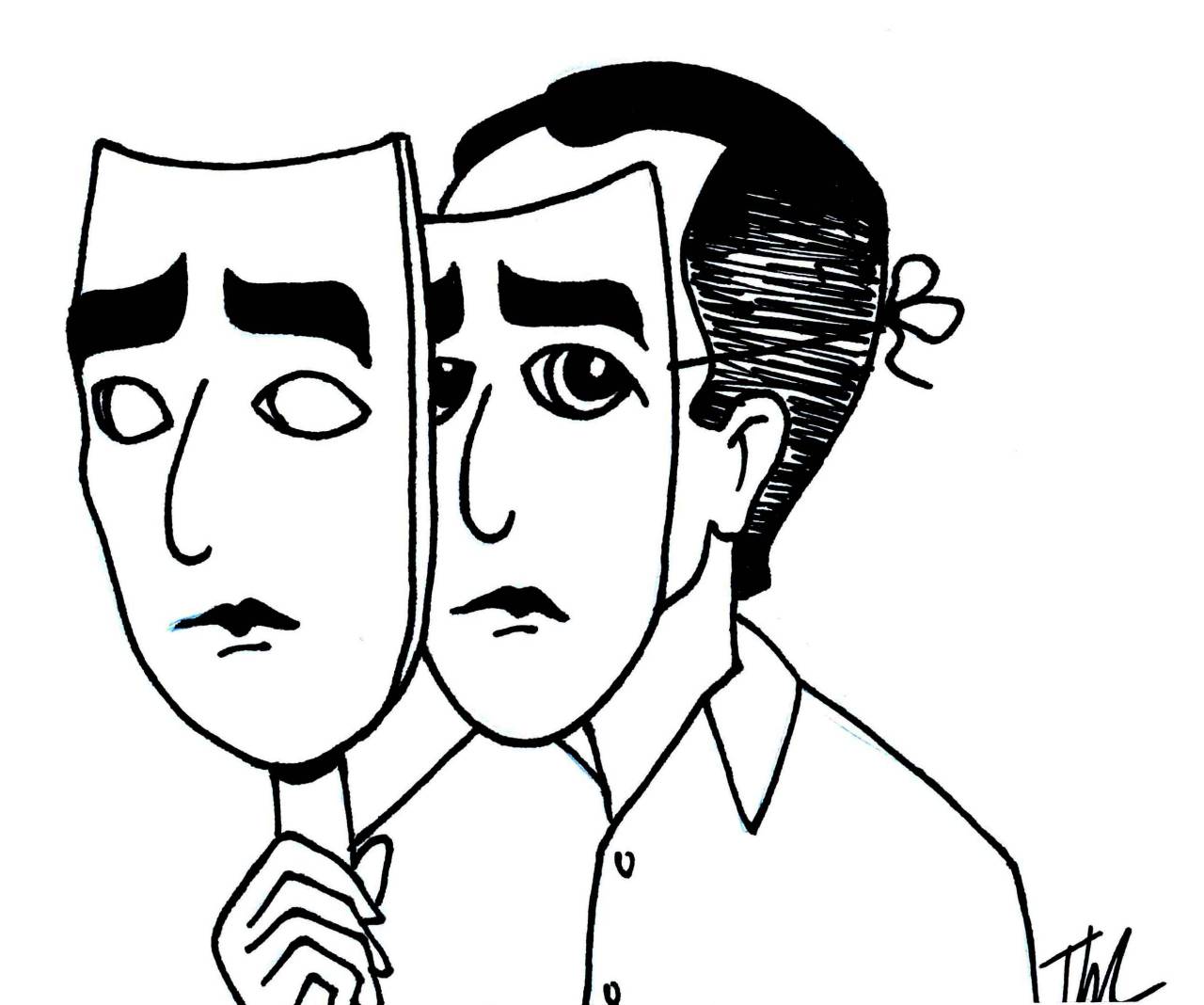“I identify as a black woman”Posted in Articles, Media Archive, Passing, Social Science on 2016-08-21 02:19Z by Steven |
Kings Review
King’s College, Cambridge
2016-08-09
Tanisha Spratt
Department of Sociology
Cambridge University
 Rachel Dolezal poses with her interracial family in 2013 Source: Facebook. |
In the United States race transcends physicality. A black person can look physically white but identify as black if he or she is supported by the right credentials, and a white person who looks racially “other” can pass as black or white if he or she “acts the part.” Racial passing requires a great deal of work. In order to pass successfully the subject has to not only diligently maintain their physical appearance and actively form relationships with people from outside of their race but also, often, deny their families and other close acquaintances because their presence threatens his or her fabricated racial identity. In the late nineteenth and early twentieth centuries numerous blacks who were light-skinned enough to pass as white did so in order to evade the social and legal barriers that blacks of all shades faced.
One of the primary incentives to pass was the prospect of living a life that was not conditioned by their inferior racial status. By passing they were given greater access to social, educational, and economic opportunities. Conversely, today there are many benefits of passing as black in the United States. A person who does so is given access to affirmative action programs, social networking groups such as Jack and Jill of America, Inc.,[1] and job opportunities that are race specific.[2] In their 2010 study “Passing as Black: Racial Identity Work Among Biracial Americans” Nikki Khanna and Cathryn Johnson note that the majority of their biracial respondents “have, at one time or another, passed as black and they do this for several reasons – to fit in with black peers, to avoid a [white] stigmatized identity, and/ or for some perceived advantage or benefit.”[3] Too dark to pass as white in a white setting, respondents often claimed to “pass as black [in order] to find a place with their black peers” and, thus, avoid complete social isolation. Passing has been, and continues to be, orchestrated by many biracial Americans in order to navigate the strict and seemingly impermeable borders governing “blackness” and “whiteness.”…
Read the entire article here.


